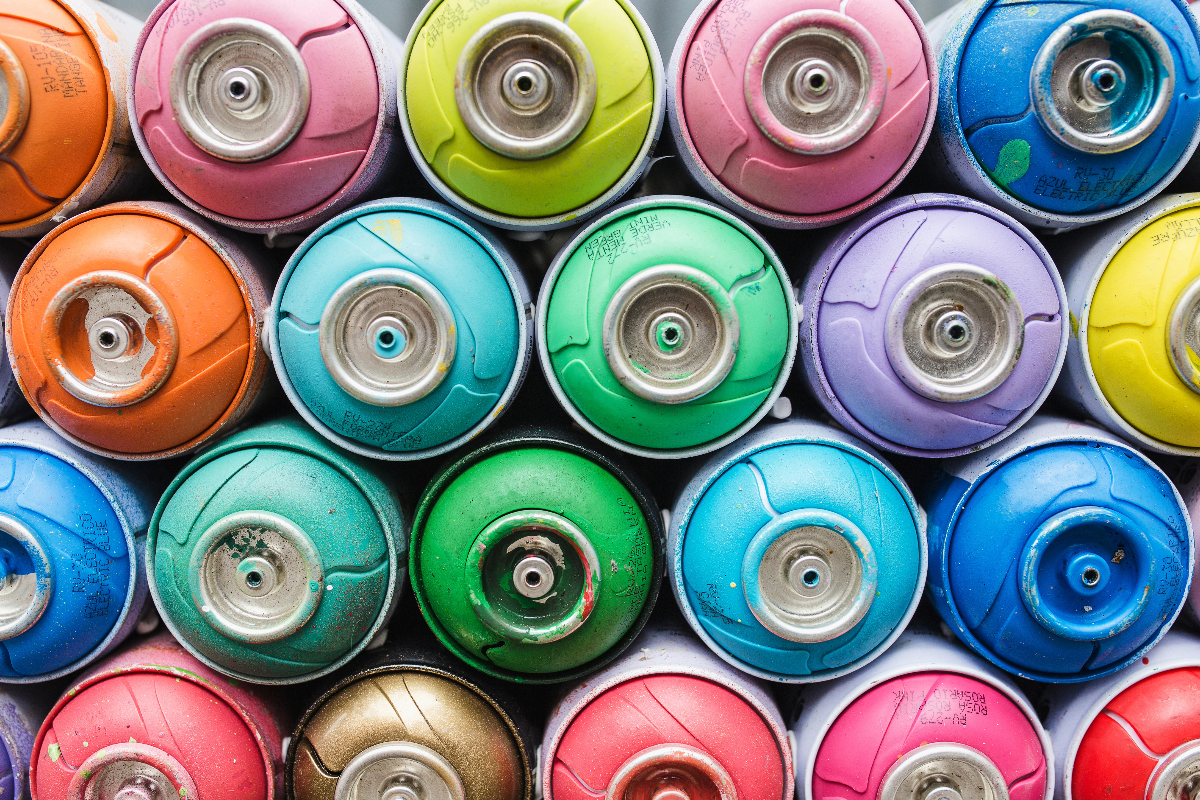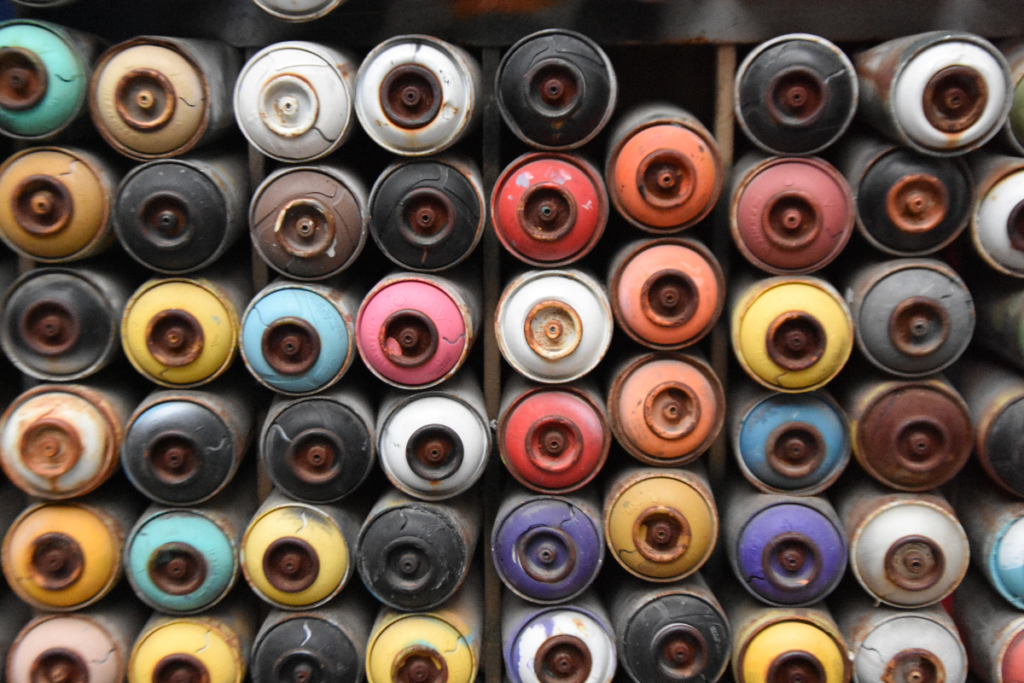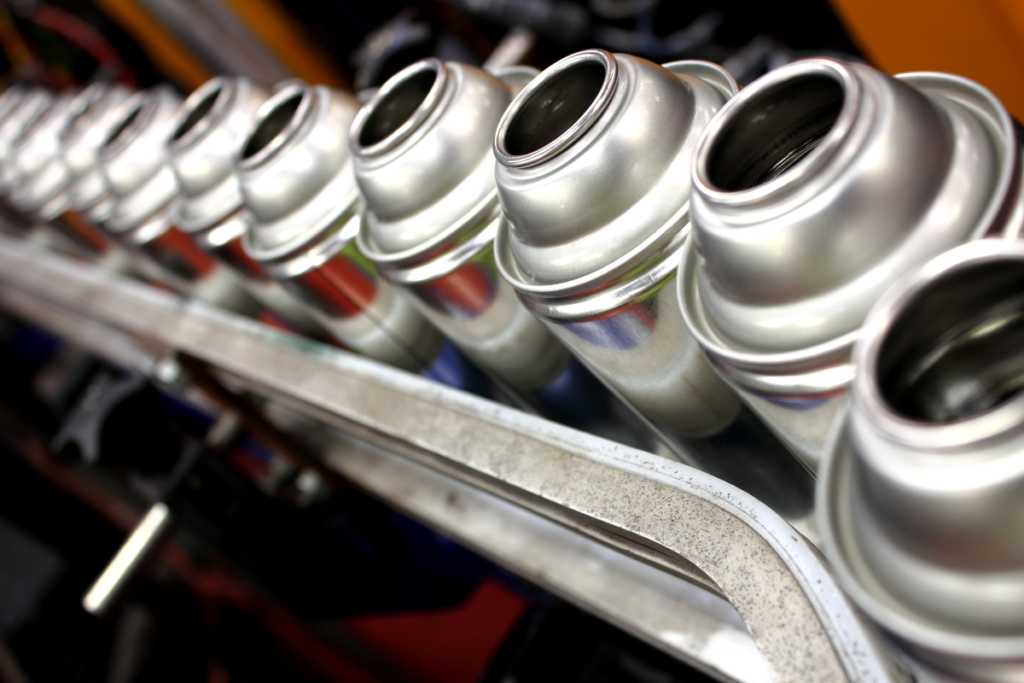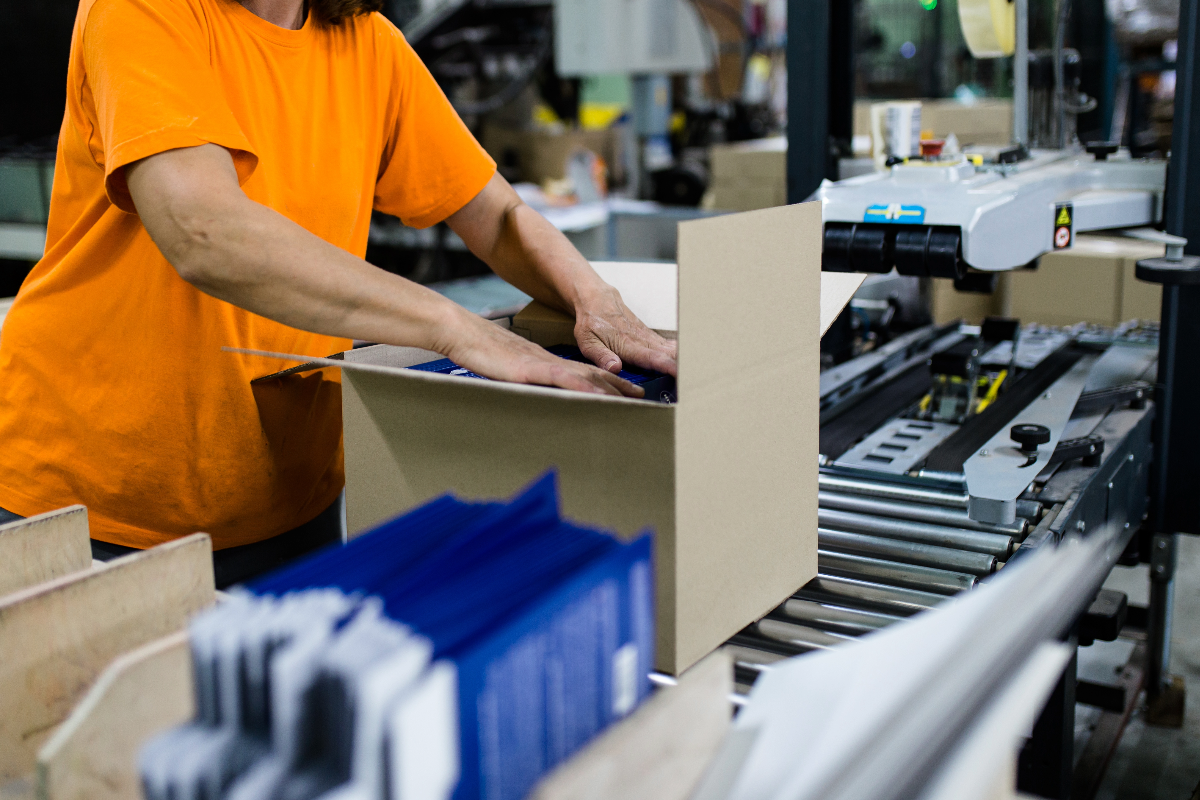Aerosol Recycling: Is your business safe?
Check out our LinkedIn page for live updates

George Gash
Published: 12th September 2023
With new the Extended Producer Responsibility scheme, it’s important that your business is evaluating exactly how recyclable your products are. The harder the material is to recycle, the higher you should expect your compliance fees to be.
More hazardous materials, like aerosols, can be incredibly difficult for the everyday household to recycle. But what’s the scale of the aerosol waste problem? What happens if they aren’t recycled correctly? Here’s everything your business needs to know about recycling used aerosol cans.

How much aerosol waste is produced in the UK?
Each year, the UK uses around 600 million aerosols. That’s the equivalent of 10 per person. The compressed gas within the aerosol cans can also have a damaging effect on the environment. One study found that if one million people switched from their regular aerosol for a newer, compressed aerosol, then 696 tonnes of CO2 and enough aluminium to make 20,000 bikes could be saved.
The bulk of this waste comes from cosmetics with this representing 50% of all aerosol production in Europe. Household products, such as air fresheners and cleaning products, follow closely behind contributing to 20% of all aerosols. Pharmaceuticals and Industrial products also contribute to the amount of aerosol waste collected. With such a broad spectrum of products, it’s likely that your business has some aerosols lying around. So, it’s key that you have a recycling route established on site to manage this. It’s estimated that if everyone in the UK recycled one can of air freshener, it would save enough energy to run a TV in over 270,000 homes!
What does a zero to landfill approach mean for your business? Click here!
What happens if aerosols aren’t recycled?
If we don’t treat and recycle aerosol cans correctly, they can pose a great threat to your business, employees and even your own home. Their active ingredients are all classed as hazardous so could cause harm if inhaled or absorbed.
The threat to your business
Failure to address aerosol waste can have negative repercussions for your business. In an era where consumers are increasingly eco-conscious, a lack of sustainability practices can tarnish your brand’s reputation and deter environmentally aware customers. Additionally, regulatory changes related to Extended Producer Responsibility could result in financial penalties if your business does not adhere to recycling regulations.
The Threat to Your Employees
Within your business premises, aerosol waste can pose safety hazards to your employees too. Aerosol cans can contain residual chemicals or propellants, which, if not properly depressurised and managed, can lead to accidents during disposal. It’s crucial to implement safe handling procedures, training for staff, and appropriate collection and disposal facilities to minimise potential risks to employee health and safety.
The Threat in Your Own Home
Aerosols are commonly household products like air fresheners, insect repellents, and cleaning agents. When these aerosol cans are disposed of improperly, they may end up in landfills or incinerators, contributing to environmental pollution. Moreover, aerosol products contain harmful chemicals that, when released into the environment, can have adverse effects on air and water quality. As individuals, it’s essential to take responsibility for the proper disposal of aerosol cans in our homes, ensuring they are recycled or safely discarded to protect our environment and the health of our families.


How can we tackle aerosol waste?
Tackling aerosol waste requires a multi-pronged approach:
- Recycling Infrastructure: Invest in recycling infrastructure that facilitates the collection and processing of aerosol cans. Collaborating with recycling facilities and local authorities ensures efficient recycling programs to make sure as much material is recycled as possible.
- Consumer Education: Educate both consumers and employees about the importance of recycling aerosol cans. This ensures that they know exactly what to do with their aerosol waste. Providing convenient collection points within your facilities makes sure that there is somewhere for your staff and customers to correctly dispose of their used aerosol cans.
- Extended Producer Responsibility (EPR): Embracing EPR is another way to tackle aerosol waste. This new reform holds producers responsible for the end-of-life management of their products. EPR encourages manufacturers to design products with recycling in mind, making it easier for people to recycle their aerosols.
Where do aerosols come into Extended Producer Responsibility (EPR)?
Extended Producer Responsibility (EPR) schemes are gaining traction in the UK, and aerosols are not exempt. Businesses must take responsibility for the entire lifecycle of their products, including recycling. Mandatory recycling targets of 50% for aluminium and 85% for steel packaging by 2030 will form part of the new Extended Producer Responsibility (EPR) reforms. By actively participating in EPR programs, you can ensure that your aerosol products are properly recycled and managed after use, minimising their environmental impact.
With producers expected to cover the full net cost (FNC) of recycling their products, it’s important that you’re providing your customers with all the information they need to correctly recycle their product. Or look for more sustainable alternatives for your packaging. The costs are based on how difficult it is to recycle the material. As aerosols can be difficult for households to recycle, it could be beneficial to switch to a more sustainable option for your packaging.
Want to find out more about how EPR impacts your business? Click here to download our EPR guide!
What can you do as a business?
Here are steps your business can take to address aerosol waste:
- Embrace Sustainable Packaging: Explore alternatives like refillable aerosol containers or eco-friendly packaging materials to reduce waste generation.
- Support Recycling Initiatives: Partner with local recycling facilities and organisations to enhance aerosol recycling efforts in your community.
- Encourage Employee Engagement: Involve your employees in sustainability initiatives and encourage responsible disposal and recycling practices within your organisation.
- Promote the Circular Economy: Champion a circular economy approach, by designing products for reuse or recycling, reducing waste generation.
What to know before disposing of your aerosols?
One of the key things to note before recycling aerosol cans is to make sure that you do not pierce, crush or flatten the can yourself before recycling. This can increase the risk of the can exploding which increases the danger to yourself, your staff and the waste collectors and recyclers. You’ll need to make sure the can is completely empty too.
If there’s still contents inside, this needs treating as hazardous waste. It’s key that you’re using a licenced waste carrier to collect the waste and receive a consignment note. This keeps your business compliant with Duty of Care legislation.
Contact Us
Need an aerosol recycling point and scheme on your site? Our team of experts can help you find the best and most sustainable solution for any hazardous waste streams at your sites. Get in touch with our team today to learn more about how Flame UK can support your business.




